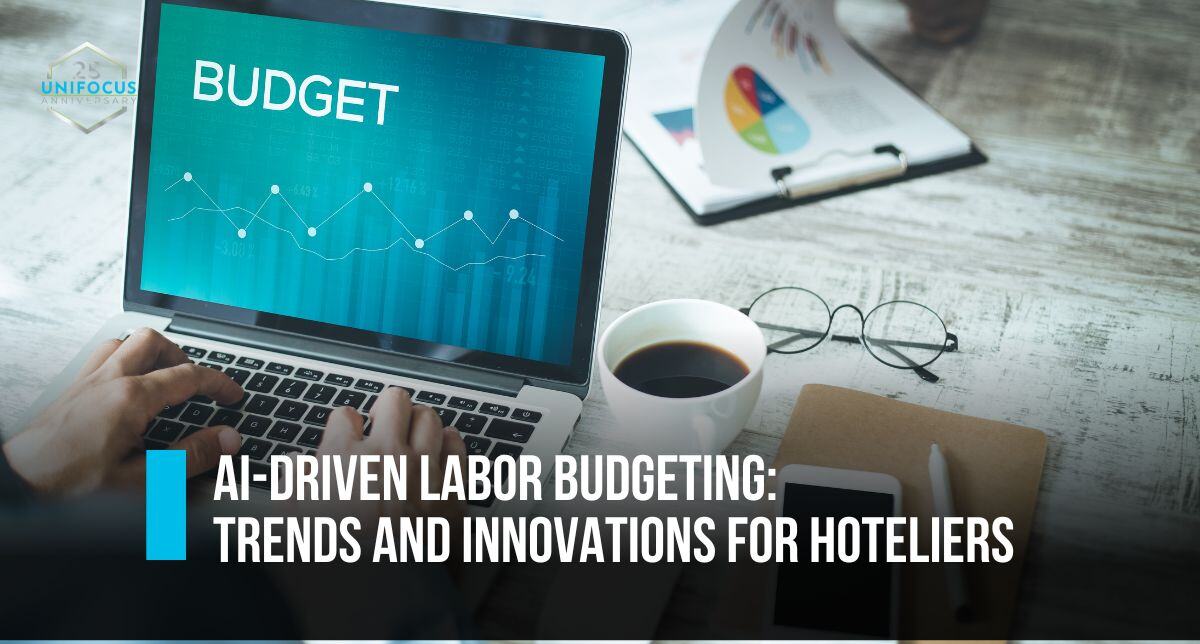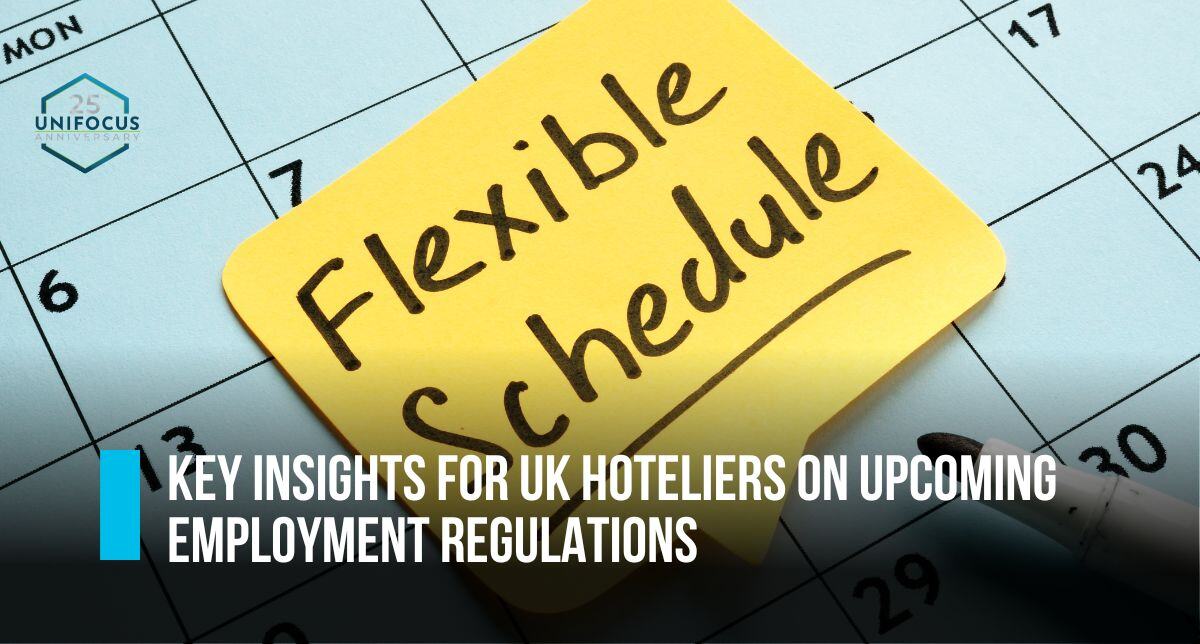5 AI Trends Every Hotelier Should Consider
Labor forecasting is a critical component of hotel management, ensuring that staffing levels meet demand without incurring unnecessary costs. Traditionally, forecasting has relied on historical data and managerial intuition. However, AI and predictive modeling are revolutionizing this process, offering unprecedented accuracy and efficiency.
AI and predictive modeling use advanced algorithms to analyze vast amounts of data in real-time. These technologies can identify complex patterns and trends that might not be apparent to human analysts. AI models can factor in a wide range of variables, from historical occupancy rates to real-time booking data and external factors like weather forecasts and local events.
AI integrates seamlessly with existing financial systems, enhancing their capabilities. By feeding real-time data into AI models, hotels can receive dynamic and adaptive forecasts that adjust to changing conditions. This integration allows for more precise labor planning and helps hotels to stay agile in a competitive market.
Benefits of AI-Enhanced Forecasting Accuracy and Reliability
Pinpointing Labor Needs with Precision
Imagine knowing exactly how many staff members you need for a busy holiday weekend or a slow mid-week night. AI-driven models analyze a broad range of variables to predict labor needs with remarkable accuracy. This ensures you're always perfectly staffed, enhancing guest satisfaction and controlling labor costs.
Learning and Adapting Over Time
AI doesn’t just provide one-time predictions; it continuously learns and adapts. The more data it processes, the smarter it gets. Over time, this means your labor forecasts become increasingly reliable, helping you avoid the pitfalls of over or under-staffing.
Boosting Operational Efficiency and Cutting Costs
Accurate forecasting leads directly to cost savings. By optimizing your staffing levels, you avoid the extra costs associated with overstaffing, such as unnecessary wages. At the same time, preventing under-staffing ensures your guests always receive top-notch service, protecting your reputation and revenue.
Empowering Decision-Making
AI provides clear, actionable insights through intuitive dashboards and reports. This empowers hotel managers to make informed staffing and resource allocation decisions quickly. With these tools, you can respond swiftly to changing demands and maintain high levels of guest satisfaction.
Future Trends and Innovations in Labor Budgeting and Forecasting Using Technology
- Advanced Predictive Analytics
- Dynamic Data Utilization: AI models will increasingly leverage real-time data from various sources, including social media trends, local events, and economic indicators, to predict labor needs more accurately.
- Behavioral Analytics: Incorporating behavioral data to understand employee performance and guest interactions, leading to more refined labor forecasting.
- Machine Learning Enhancements
- Adaptive Algorithms: Machine learning models will continuously improve by learning from new data, enhancing the precision of labor demand forecasts.
- Scenario Planning: AI will enable hotels to simulate different scenarios (e.g., peak seasons, unexpected events) and adjust labor budgets accordingly.
- Automated Budget Adjustments
- Real-Time Financial Adjustments: AI will allow for real-time adjustments to labor budgets based on current financial performance, ensuring optimal resource allocation.
- Cost Optimization Algorithms: Advanced algorithms will identify cost-saving opportunities without compromising service quality, such as redistributing labor during slow periods.
- Enhanced Decision Support Systems
- Predictive Maintenance: AI will forecast maintenance needs, aligning them with labor scheduling to minimize disruptions and optimize workforce deployment.
- Comprehensive Dashboard Insights: Enhanced dashboards will provide holistic views of labor costs, productivity, and forecasts, aiding in strategic decision-making.
- Intelligent Workforce Management
- Employee Scheduling Optimization: AI-driven tools will optimize employee schedules based on their skills, availability, and preferences, ensuring the right staff is in the right place at the right time.
- Employee Performance Tracking: Advanced analytics will track and analyze employee performance metrics, helping managers identify top performers and areas for improvement.
- Automated Compliance Management: AI will assist in ensuring compliance with labor laws and regulations by automatically monitoring schedules and work hours, reducing the risk of violations.
These trends highlight the transformative potential of AI in labor budgeting and forecasting, making it an exciting time for hotels to adopt these technologies to stay competitive and efficient.






